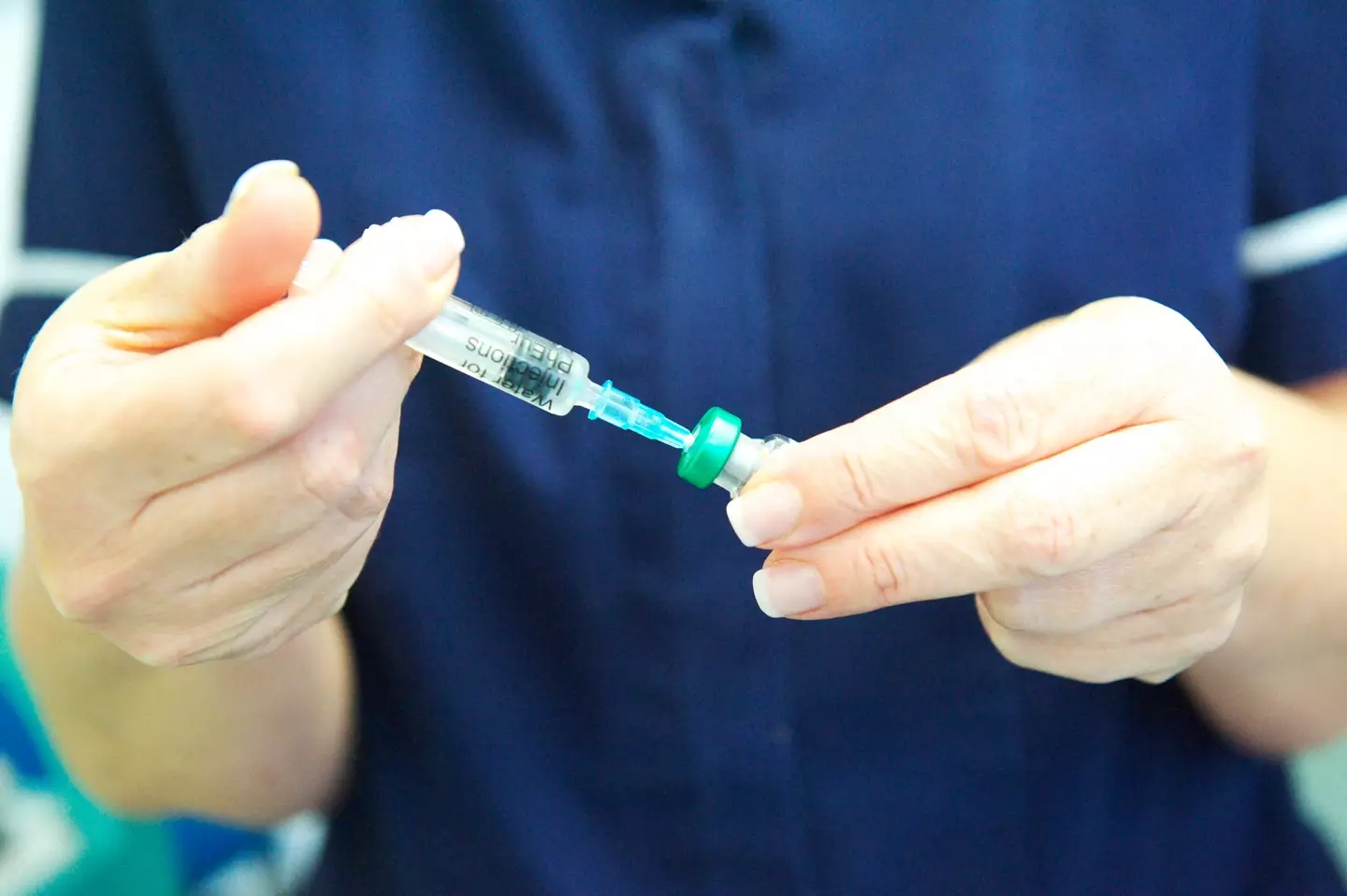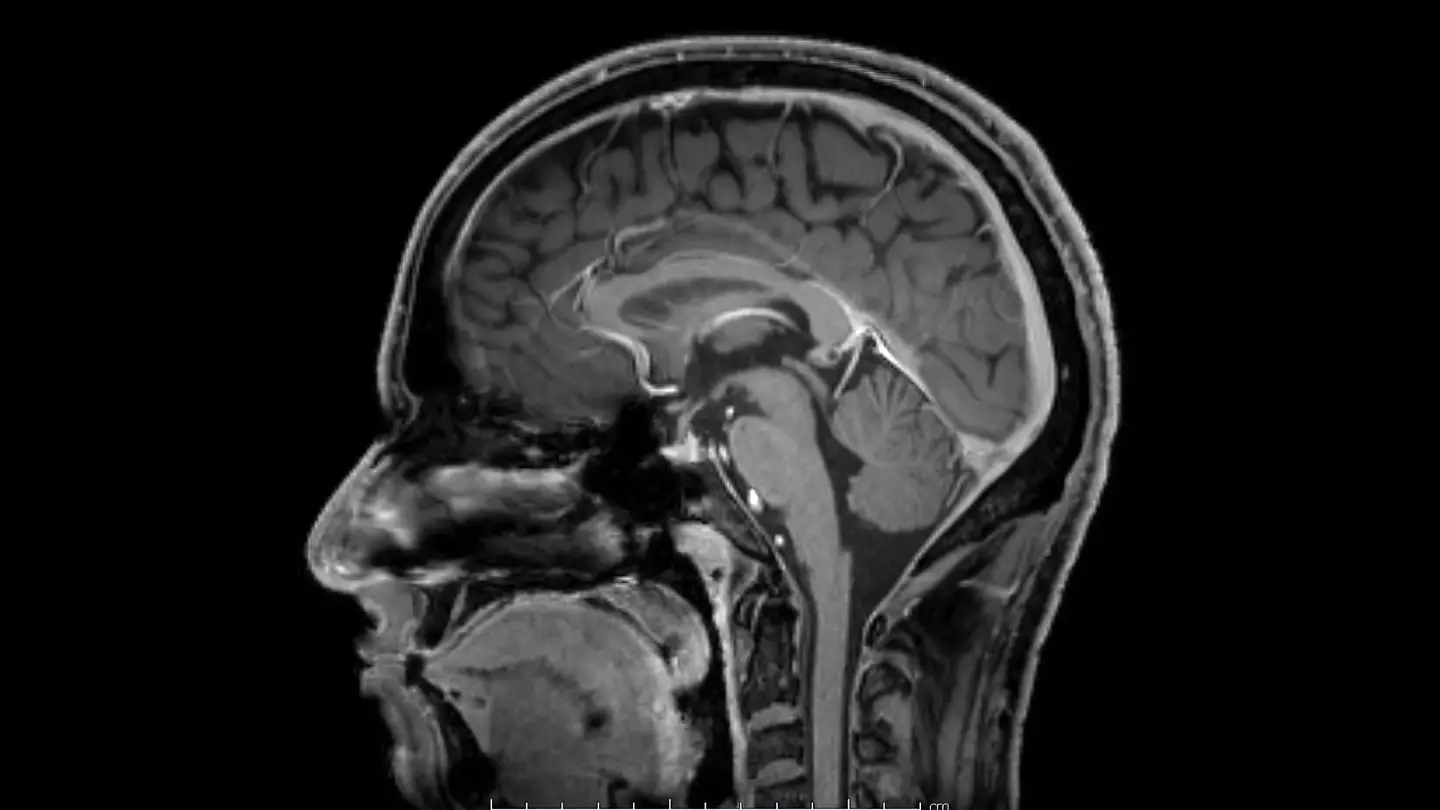.png)
A trial vaccine for patients with aggressive brain cancer are living even longer, with experts praising the new inoculation as offering 'fresh hope' to those suffering.
Vaccine DCVax-®L is currently in Phase 3 trials at London's King’s College Hospital.
The incredible drug uses a patients’ own immune cells to target a type of cancer called glioblastoma.
Advert
The vaccine works by helping the body's immune system recognise and attack the deadly cancer cells.
The drug is now vastly improving the prognosis of cancer sufferers, with some living for months or even years longer than initially projected.

The results, published in the Journal of American Medical Association Oncology, had Professor Keyoumars Ashkan of Neurosurgery at King’s College Hospital singing the praises of the new vaccine.
Advert
"Immunotherapy is a very promising approach for treating cancer, and the final results of this Phase 3 trial, now unblinded and published, offers fresh hope to patients battling with glioblastoma," he said, as per a King's College statement.
"The vaccine was shown to prolong life, and interestingly so in patients traditionally considered to have poorer prognosis."
Professor Ashkan, who is also the European Chief Investigator of the clinical trial, revealed they are seeing brilliant results in 'older patient groups' and for those of whom 'radical surgery was not possible'.
"I am optimistic we can build upon this going forward; investigating the combination of DCVax-®L with other emerging therapies for glioblastomas," he said.
Advert
"The long-term survivor group in particular has the potential to further teach us about the basic biology of glioblastomas, given that many patients in this group did not have the usual expected characteristics for good outcomes."

He added: "Applying the same technology to develop treatments for other forms of brain tumours will be the natural next step."
All of the participants in the trial underwent the standard treatment for glioblastoma of surgery followed by radiotherapy and chemotherapy.
Advert
Nigel French from Kent was diagnosed with a glioblastoma in 2015 after suffering a seizure in his sleep.
He was referred to King's Hospital for surgery and took part in the DCVax-®L trial.
Seven years later, he is still in remission.
Mr French revealed that he is thankful to have had the opportunity to trial the vaccine.
Advert
"I’m very grateful to the team at King’s for offering me this lifeline," he said.
"Although I can’t be certain as to whether I received DCVax-®L or the placebo, I believe the treatment I received, along with remaining positive, saved my life."
Featured Image Credit: Panther Media GmbH / Alamy. Klaus Ohlenschlaeger / Alamy.